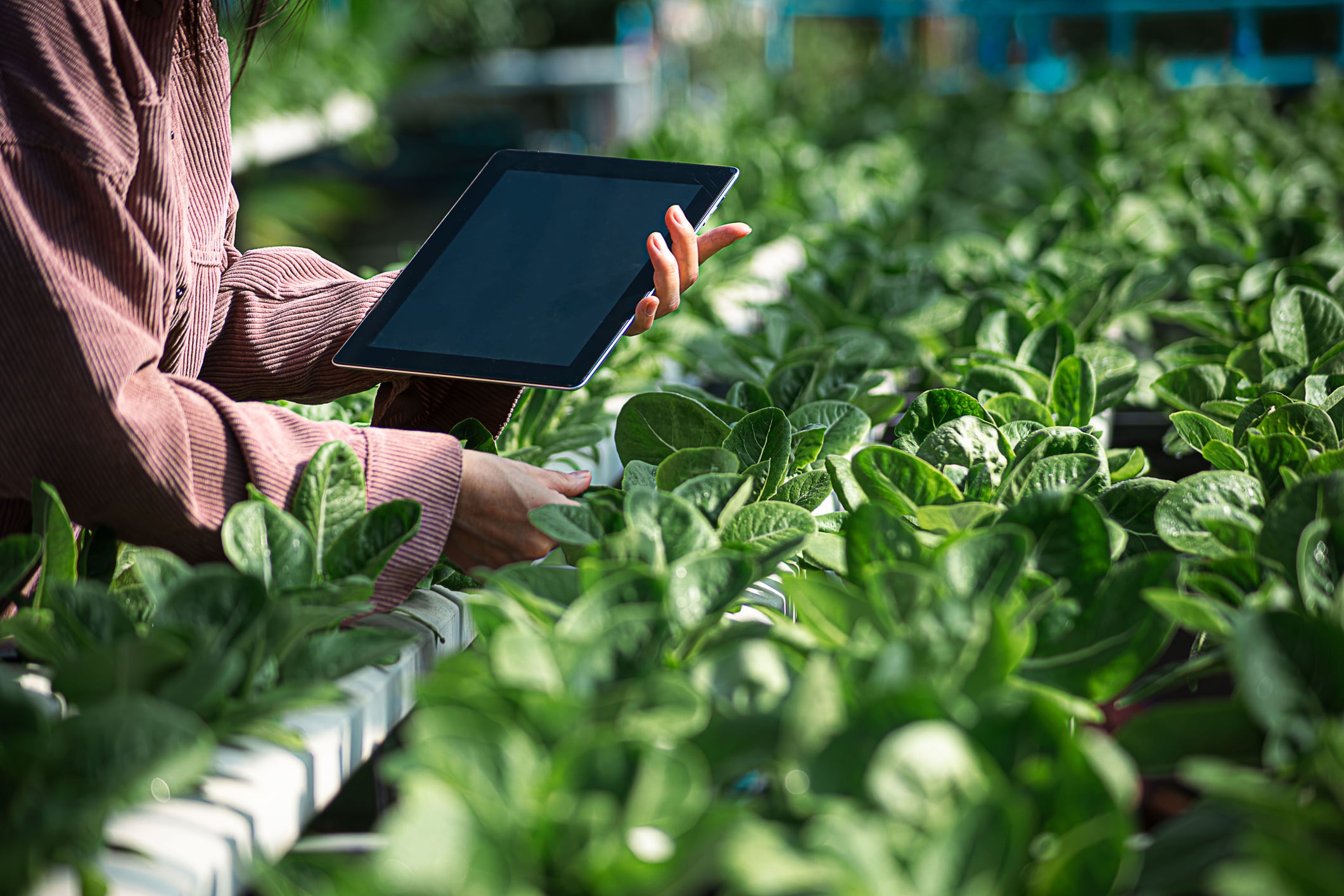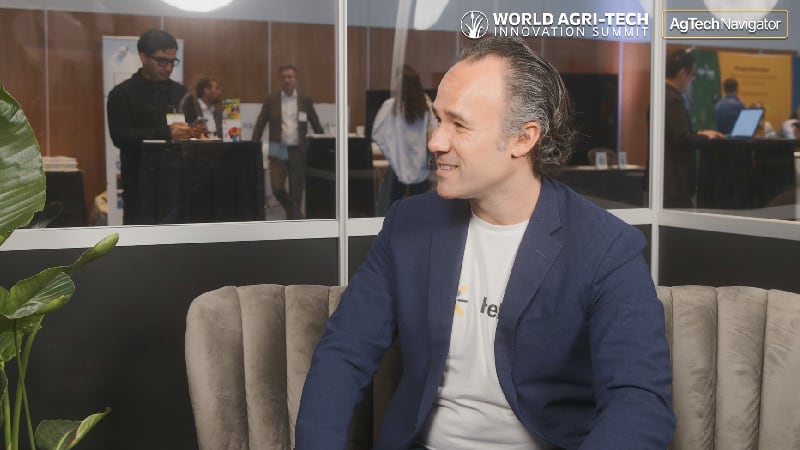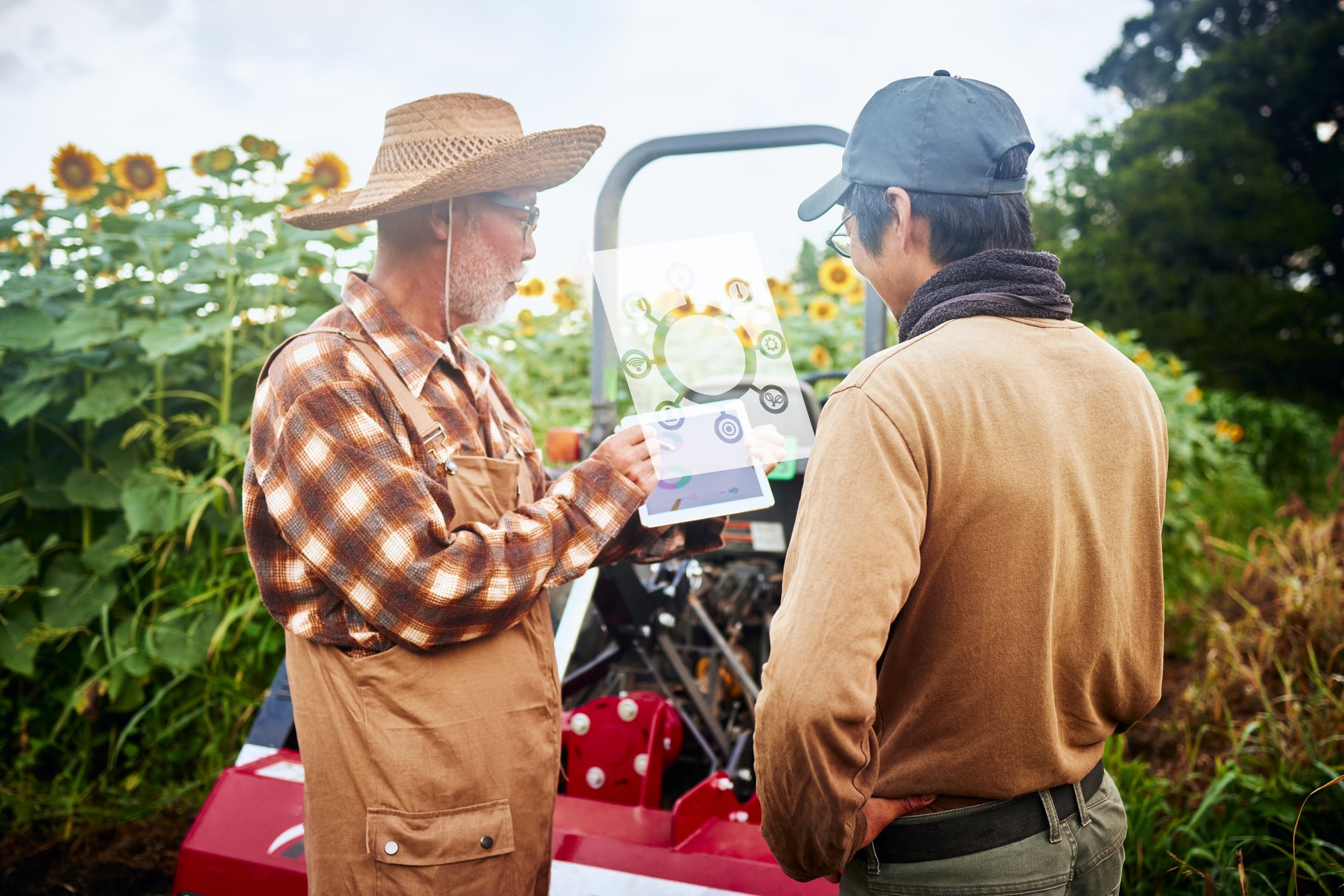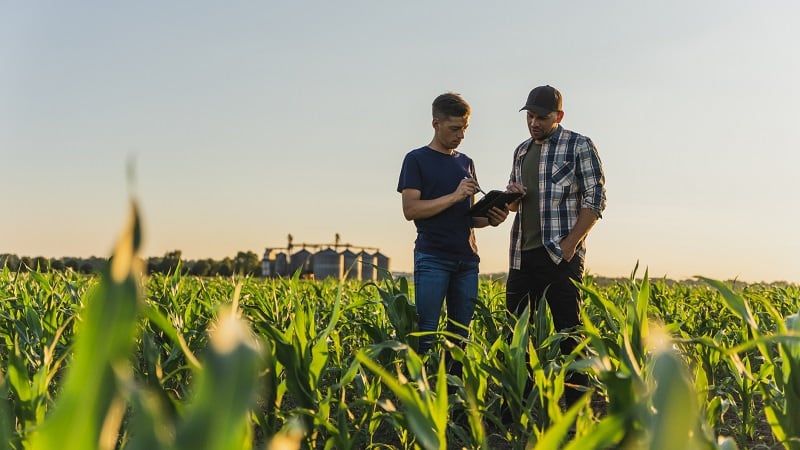Digital Catapult has selected nine AI-first start-ups to join its High Growth AI Accelerator, a programme designed to scale deep tech innovation and strengthen supply chain resilience across the UK’s agri-food sector.
Delivered as part of the Innovate UK BridgeAI initiative, the accelerator connects start-ups with industry leaders including Nestlé, Dale Farm, Hartpury Digital Innovation Farm and Peacock Technology to solve real-world agrifood challenges.
The programme builds on Digital Catapult’s track record of enabling AI adoption in high-growth sectors, having already facilitated £2.4 million in funding within a year of operation.
Sector-specific challenges
The UK’s agrifood supply chain faces mounting complexity, from climate pressures to fluctuating yields. The UK’s agrifood sector contributes £14.5 billion to the economy, with new solutions necessary to sustain this growth and protect vital supply chains across the country.
The selected start-ups will trial AI-driven solutions across a 14-week programme, addressing issues such as:
- Dairy forecasting & feed optimisation: Rubik’s Data Mule platform will help forecast milk volumes and optimise cattle feed.
- Carbon & production efficiency: Barefoot Lightning will connect farm data to its feed platform to improve quality and reduce emissions.
- Disease management: FISCROP is developing a modelling tool to enhance plant disease detection and feed efficiency.
- Nitrous oxide removal: Crop Intellect is scaling its MRV system to support N₂O mitigation projects.
Biodiversity, biomass & cocoa monitoring
Several start-ups are also tackling environmental and global supply chain challenges:
- Wildlife & habitat insights: Carbon Rewild and Wilder Sensing will refine AI tools for bird classification and habitat validation.
- Geospatial cocoa intelligence: Data Dynamics will test its monitoring platform on West African cocoa farms.
- Scope 3 emissions tracking: Mozaic Earth is scaling its smartphone-enabled biodiversity and biomass monitoring solution.
- Early disease detection: FarmSmarter is building a tool to detect Cocoa Swollen Shoot Virus early in low-connectivity regions.
Accelerating agri-food resilience
Jessica Rushworth, chief partnerships officer at Digital Catapult, said the programme is designed to ensure agrifood businesses are “future-ready and adaptable to environmental challenges. “We’re excited to partner with industry leaders like Nestle and Dale Farm to jointly demonstrate how AI can help to solve some of the sector’s most significant challenges and ensure continued growth in the years to come.”
Sara El-Hanfy, director of AI & digital at Innovate UK, added: “This programme demonstrates how innovation, when coupled with industry expertise, can unlock new growth, sustainability and global leadership for the UK’s agrifood industry.”
Nestlé’s Ryan McNeill highlighted AI’s potential to “transform vast data streams into actionable insights,” while Hartpury University’s Dr Lucy Garrett and Prof Matt Bell praised the programme’s role in advancing bioacoustic biodiversity monitoring which is needed to address biodiversity decline.
Peacock Technology and Dale Farm also emphasised the value of AI in driving automation, sustainability and smarter operations across the sector. “We are seeking to broaden the scope and reach of what is possible and be able to help more farmers use automation and AI to help them achieve significant improvements in efficiency, sustainability, and resilience,” said Robert Boyce, sustainability director at Peacock Technology.
“By working collaboratively, we are seeking to broaden the scope and reach of what is possible and be able to help more farmers use automation and AI to help them achieve significant improvements in efficiency, sustainability, and resilience.”
Next steps
The cohort will present their progress at a showcase event later this year. Interested readers can register here to attend and learn more about the innovations shaping the future of UK agrifood.





